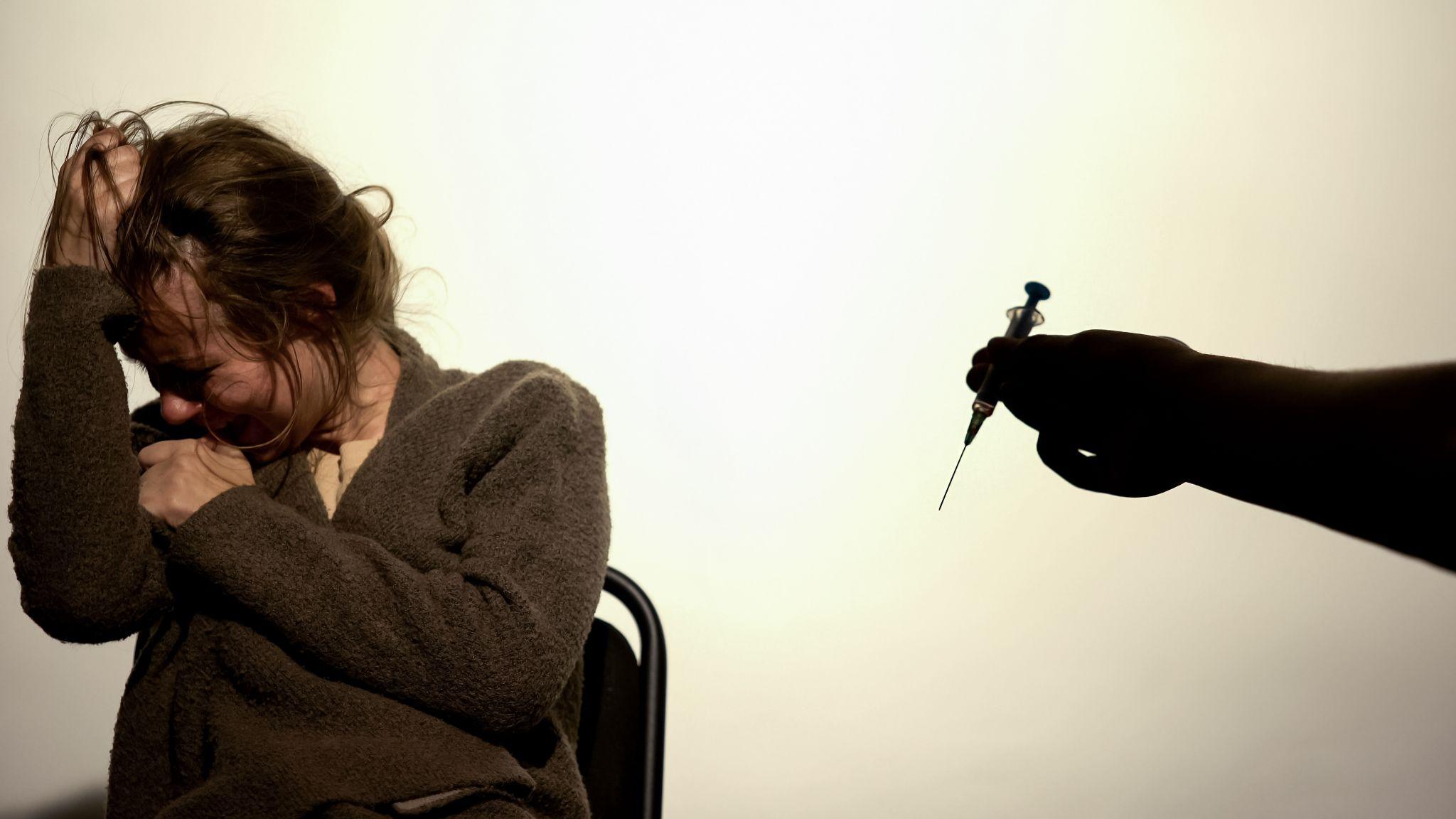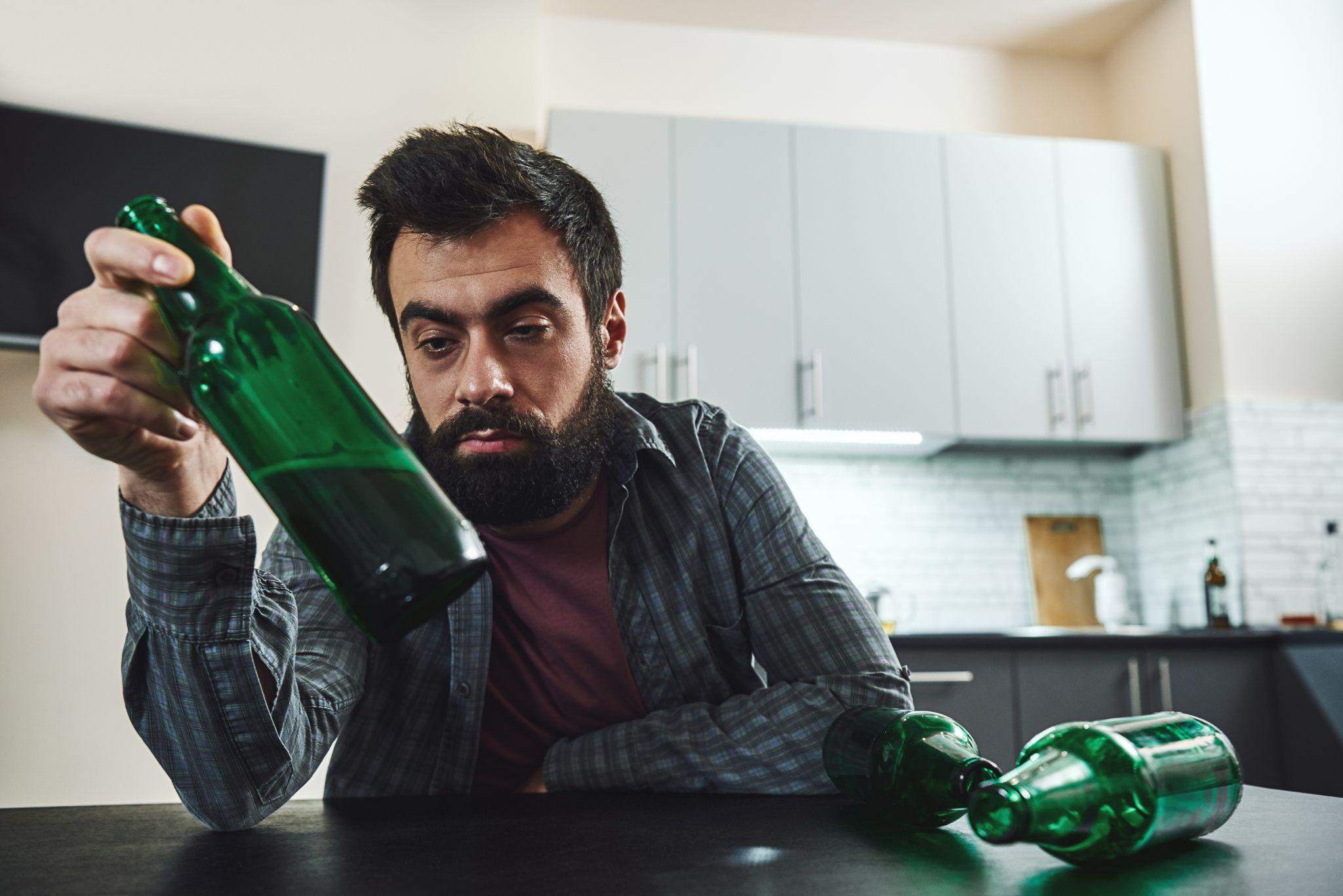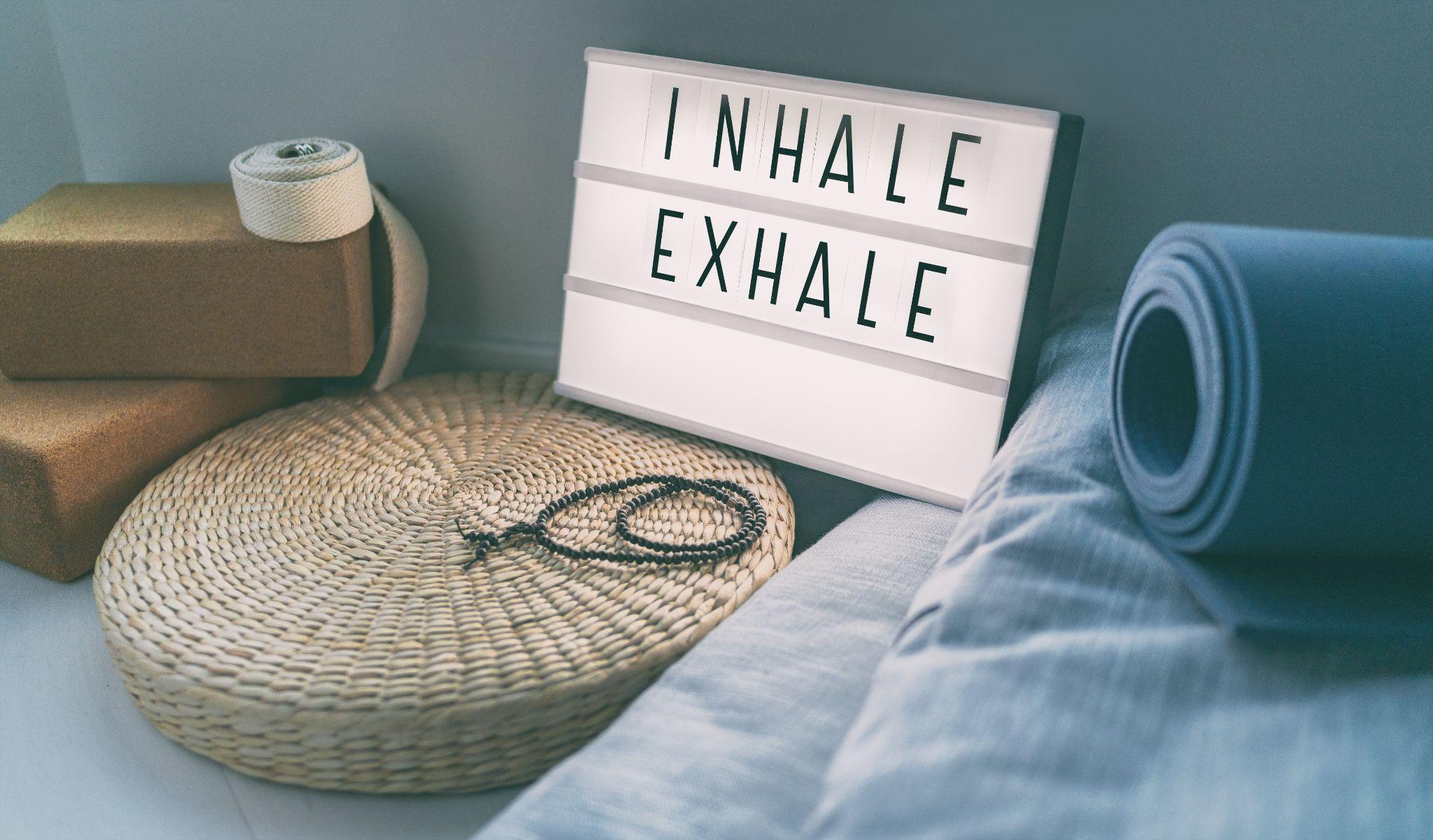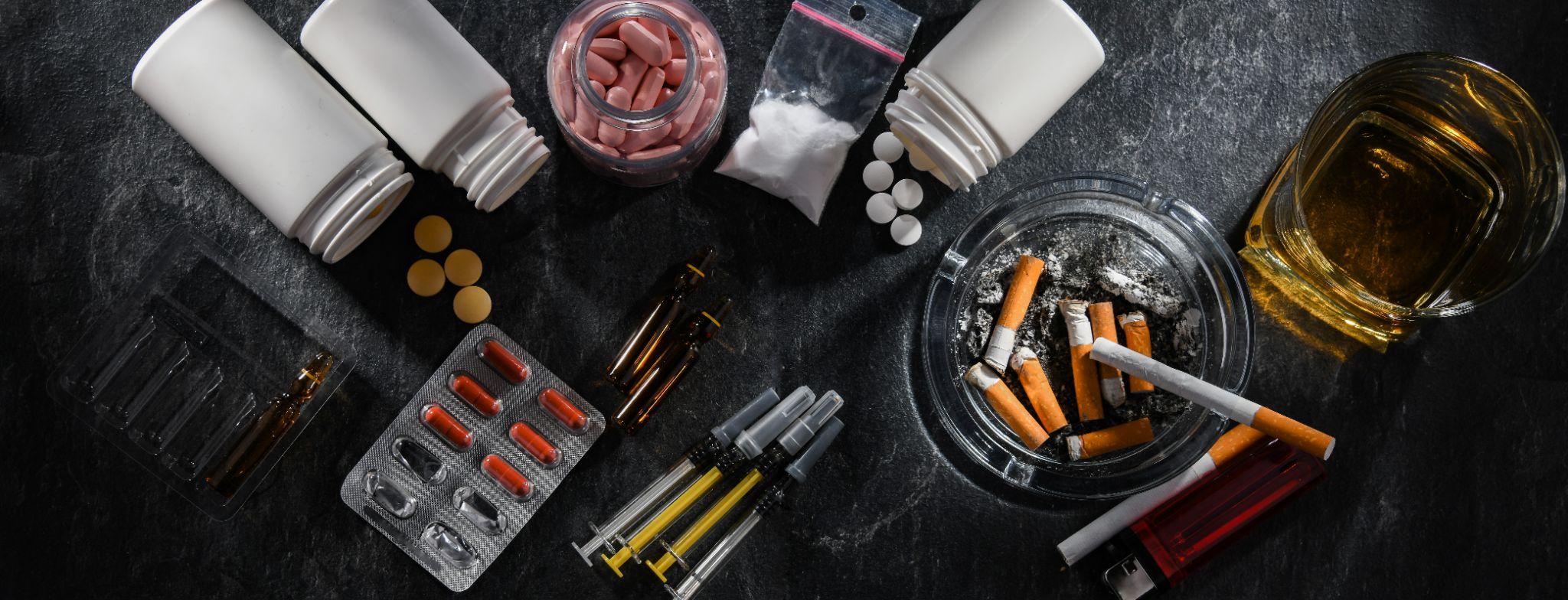Withdrawal from opioids is a challenging and often uncomfortable experience that someone struggling with substance abuse may encounter. The symptoms and intensity of withdrawal can vary depending on several factors, including the specific circumstances surrounding your drug use and your chosen treatment approach. Precipitated withdrawal, in particular, is one of the most commonly experienced types of opioid withdrawal among individuals seeking addiction treatment.
Precipitated withdrawal occurs when individuals with opioid addictions experience a rapid and intense onset of withdrawal symptoms at a rehab center after receiving medication-assisted treatment (MAT) too soon after their last opioid use.
Understanding precipitated withdrawal is crucial for both individuals seeking recovery from opioid addiction and the healthcare professionals involved in their care.
What Causes Precipitated Withdrawal?
Precipitated withdrawal occurs as a result of the interaction between opioids and medicine used in medication-assisted treatment (MAT), such as naloxone or naltrexone, which are usually administered by emergency room doctors.
The mechanism behind precipitated withdrawal involves the displacement of opioids from the opioid receptors in the brain, triggering a sudden and intense withdrawal response. Several common causes can lead to precipitated withdrawal, including:
- Early administration of MAT: Administering medication-assisted treatment too soon after the last opioid use is contraindicated.
- Transition from agonist to antagonist treatment: Individuals who are transitioning from opioid agonist treatment (such as methadone or buprenorphine that mimics the effects of opioids) to antagonist treatment (such as naloxone or naltrexone that inhibit the effect of opioids) may experience precipitated withdrawal.
- Rapid opioid detoxification: In certain treatment centers, individuals may undergo rapid opioid detoxification methods where they receive medications to rapidly remove opioids from their system.
Symptoms of Precipitated Withdrawal
Precipitated withdrawal is characterized by a distinct and intense set of symptoms including:
- Intense craving for opioids
- Nausea and vomiting
- Diarrhea
- Sweating and chills
- Muscle aches and pains
- Anxiety and restlessness
- Insomnia
- Dilated pupils
- Increased heart rate and blood pressure
How to Manage Precipitated Withdrawal
Managing precipitated withdrawal involves addressing the symptoms and providing supportive care to minimize discomfort and promote recovery. Here are some strategies and medications commonly used to manage or avoid precipitated withdrawal:
- Medication adjustment to avoid administering MAT too soon
- Symptom-specific medications such as:
- Anti-nausea drugs
- Anti-diarrheal agents
- Muscle relaxants
- Supportive care
- Non-pharmacological approaches to detoxification
- Counseling and psychological support
- Gradual stabilization
Consulting with healthcare professionals experienced in using addiction medicine for the treatment of opioid use disorder can help you determine the most appropriate management strategy for precipitated withdrawal.
Individualized care and a comprehensive approach to addressing both psychological and physical dependence and withdrawal are key to supporting individuals through this challenging period and facilitating their recovery from opioid addiction.
How to Prevent Precipitated Withdrawal
Preventing precipitated withdrawal is one of the best ways to ensure a smooth transition into medication-assisted treatment (MAT) and minimize the discomfort associated with withdrawal symptoms. Here are some tips to help minimize the risk of precipitated withdrawal:
- Adequate opioid withdrawal: Wait until individuals are in a moderate state of opioid withdrawal before initiating MAT.
- Screening and assessment: Thoroughly screen and assess individuals before initiating MAT to gather information about their opioid use history, the last opioid dose they took, and the possible presence of any opioids in their system.
- Consultation with healthcare professionals: Seek guidance from healthcare professionals experienced in MAT to determine the appropriate timing and dosing of medication.
- Opioid elimination: Different opioids have varying half-lives, which determine how long they remain in the body. Identifying which opioids a person may have used can help you measure how long the drugs may be in their system.
- Starting with partial agonists: When initiating MAT, starting with partial agonists like buprenorphine instead of full antagonists can help minimize the risk of precipitated withdrawal.
- Individualized dosing: Tailor the dose of buprenorphine or other related medication based on the individual’s specific needs and response.
- Patient education: Educate individuals about the potential risks of precipitated withdrawal and the importance of proper timing to treat opioid addiction.
Newport Beach Recovery Center Is Here to Help
At Newport Beach Recovery Center, our experienced team specializes in addiction medicine and provides personalized care to meet your unique needs. If you’re worried about experiencing precipitated withdrawal or are struggling with addiction, reach out to our team today at (855) 316-8740 so we can help you take that first step toward lifelong recovery.





















